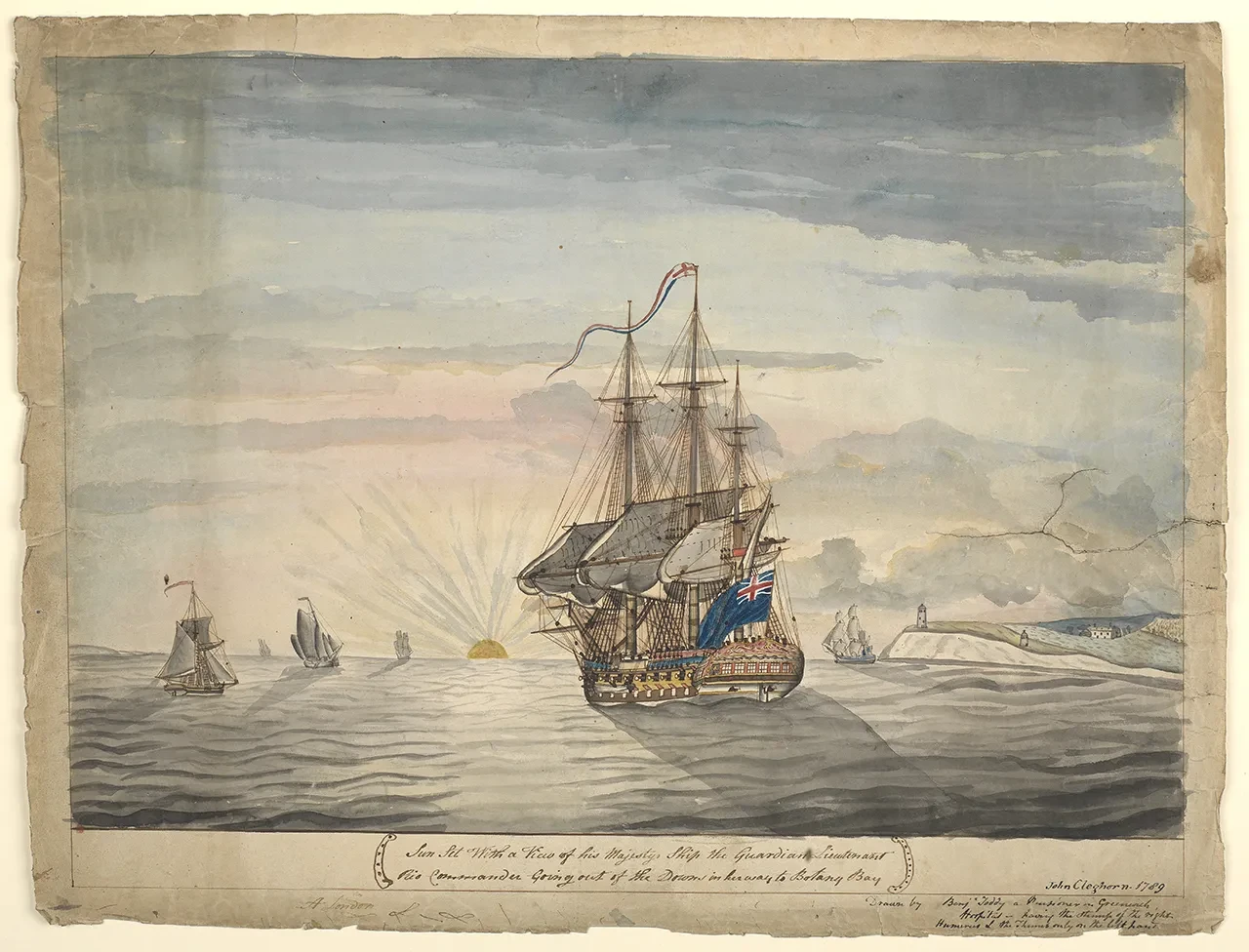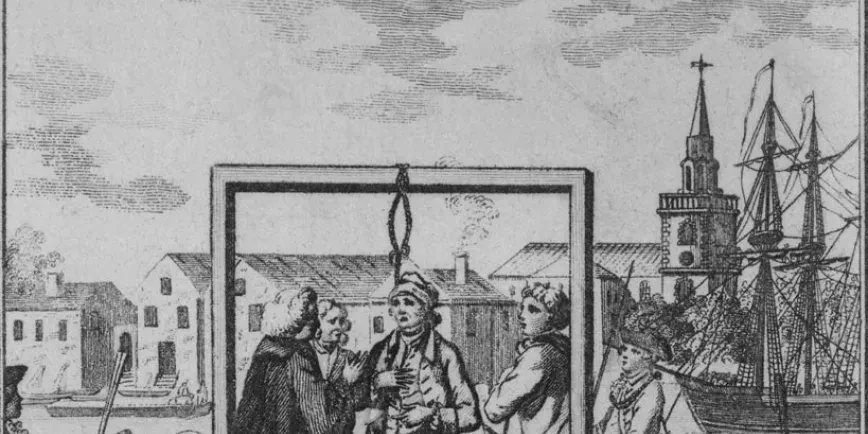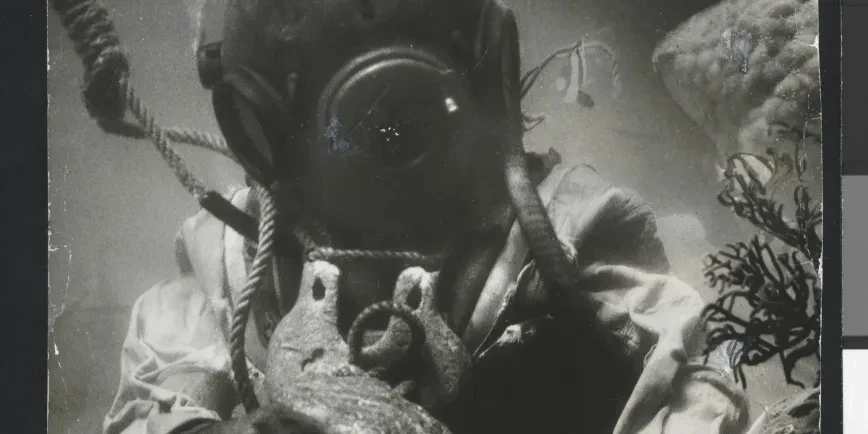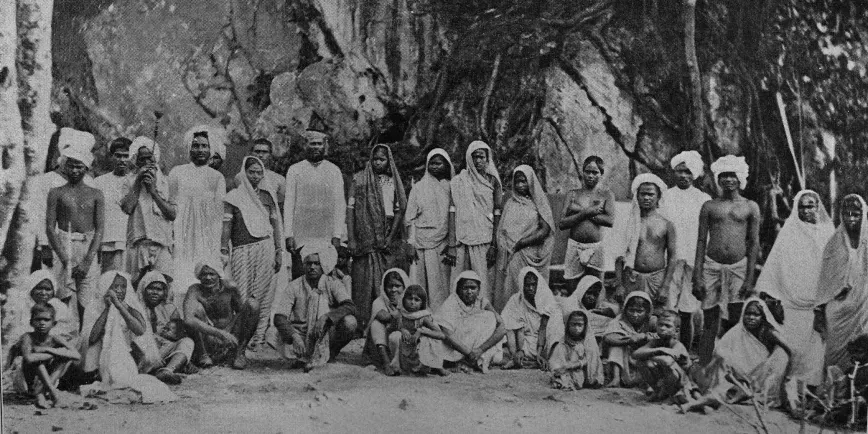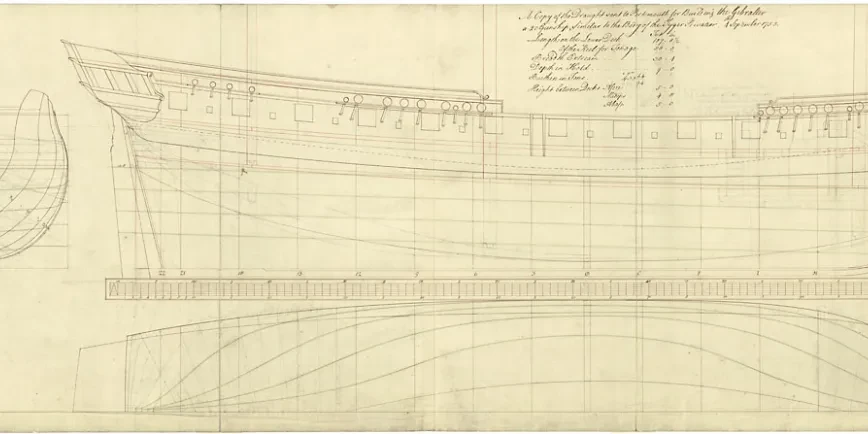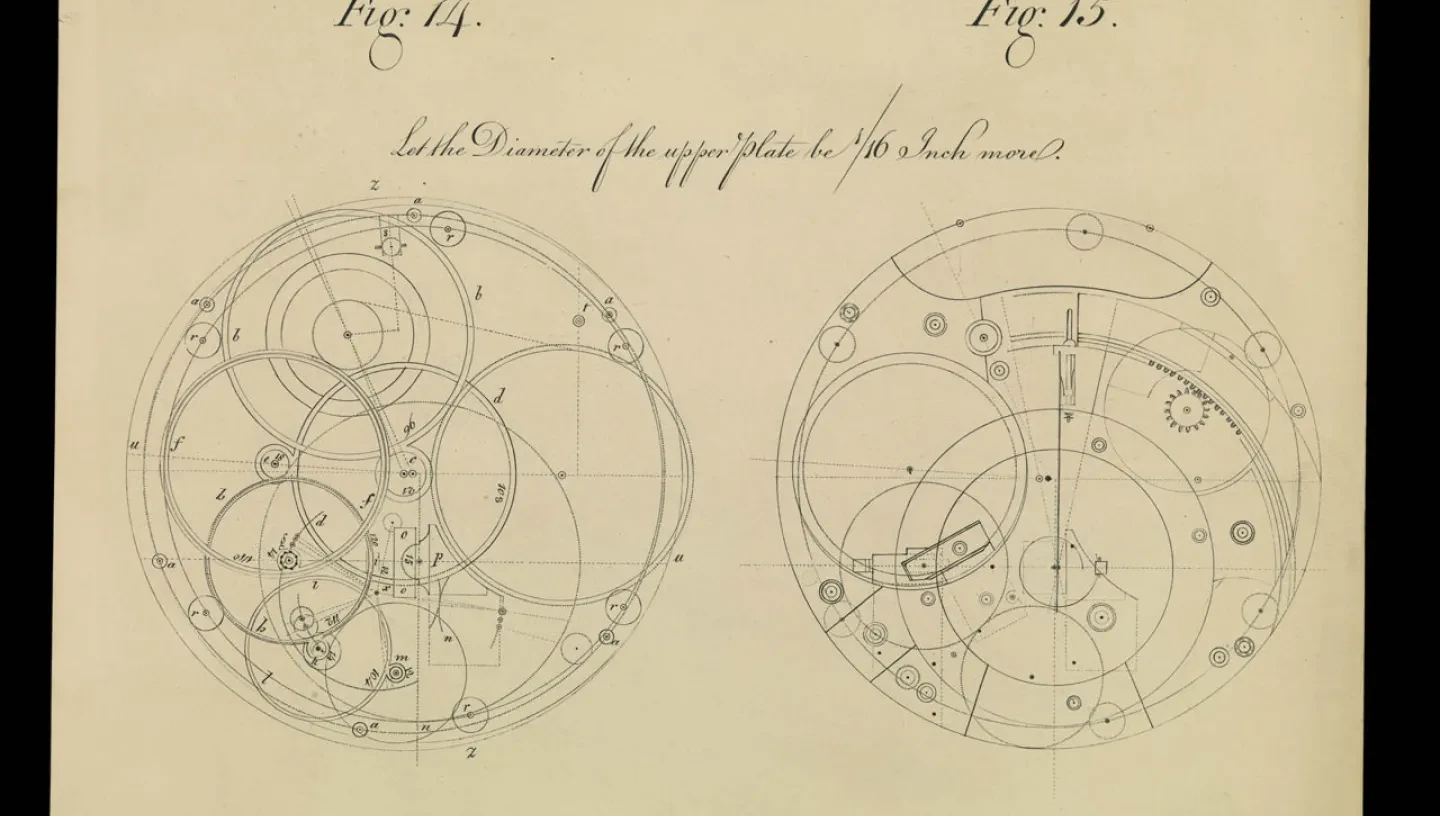
Essential information
| Type | Talks and tours |
|---|---|
| Location |
Online
|
| Date and times | Tuesday 23 September 2025 | 5.15-6.30pm |
Following the extraordinary success of Dava Sobel’s Longitude in the 1990s, the story of the British Board of Longitude and the development in the eighteenth century of new methods for finding a ship’s position at sea became closely bound up with that of clockmaker John Harrison.
This was a narrative that, in the words of one journalist, had the power ‘to make the mind race, the chest swell and the heart beat faster’. It made Harrison a celebrated British hero as the archetypical ‘lone genius’, and the rewards offered under the 1714 Longitude Act a model for government-sponsored attempts to encourage innovation.
Drawing on research carried out at Royal Museums Greenwich and the University of Cambridge, this talk explores afresh key elements of the commonly repeated narrative. It offers a longer history of state involvement in navigation and exploration in the Georgian era and of the birth and evolution of a group of Commissioners who only became the Board of Longitude decades after the original Act.
About the speaker: Richard Dunn
Richard Dunn is Keeper of Technologies and Engineering at the Science Museum, London. He previously worked as Curator of the History of Navigation and then Senior Curator for the History of Science at Royal Museums Greenwich.
During that time, he was Co-Investigator on a major research project on the history of the Board of Longitude and co-lead curator for the international touring exhibition, Ships, Clocks & Stars: The Quest for Longitude. His publications include The Telescope: A Short History (2009), Finding Longitude (2014, with Rebekah Higgitt) and Navigational Instruments (2016). He is a co-author of The Board of Longitude: Science, Innovation and Empire (2025) with Alexi Baker, Rebekah Higgitt, Simon Schaffer and Sophie Waring.
What’s on
See all upcoming Maritime History and Culture Seminars.
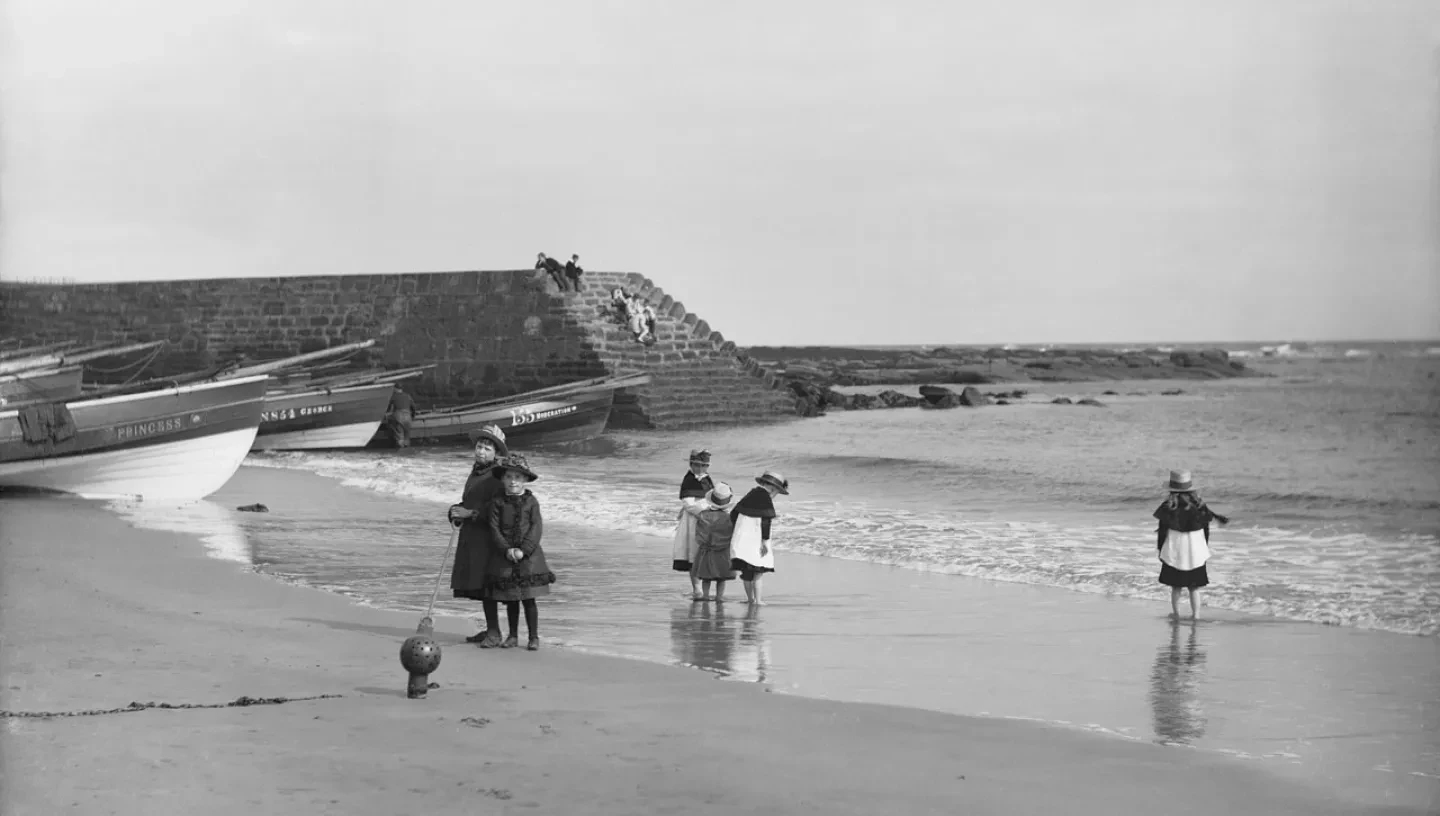
Maritime History and Culture Seminars
Header image: Plate from The Principles of Mr Harrison's Timekeeper © National Maritime Museum, Greenwich, London
